Why Do Cows Scream at Night – Introduction
The haunting sound of a cow’s scream echoing across the countryside in the dead of night can evoke a sense of mystery and curiosity. Often mistaken for distress or alarm, these nocturnal vocalizations are a fascinating aspect of bovine behavior that warrants exploration. Delving deeper into the reasons behind why cows scream at night unveils a complex tapestry of communication, social dynamics, and environmental influences.
1. Communication in the Herd:
Cows, despite their placid demeanor, are highly social animals that rely on communication to maintain cohesion within the herd. At night, when visibility is limited, vocalizations serve as a vital means of staying connected. Cows may emit lowing calls to locate other members of the herd, particularly calves or companions with whom they share a bond. These calls not only help herd members find each other but also provide reassurance and comfort in the darkness.
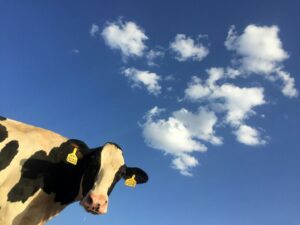

2. Expressing Emotions:
Like humans, cows experience a range of emotions, from contentment and curiosity to agitation and anxiety. Nocturnal vocalizations may be a way for cows to express their emotions and communicate their state of mind to others in the herd. For example, a cow may emit a loud bellow if it feels threatened by a predator or startled by an unfamiliar noise. Conversely, a cow may vocalize softly as a sign of contentment while grazing peacefully under the moonlight.
3. Breeding Behavior:
The breeding season can significantly influence the frequency and intensity of nocturnal vocalizations among cows. Female cows, or heifers, may emit distinctive calls to attract the attention of nearby bulls during estrus, signaling their receptivity to mating. Bulls, in turn, may vocalize to assert dominance and establish their presence among competing males. These vocal exchanges play a crucial role in reproductive success and the continuation of the herd’s lineage.
4. Environmental Stimuli:
External factors in the surrounding environment can also trigger nocturnal vocalizations in cows. In rural settings, where farms are nestled amidst natural habitats, cows may react to nocturnal sounds from wildlife or environmental disturbances. For instance, the hooting of owls, the rustling of bushes, or the howling of distant coyotes may elicit vocal responses from cows, signaling heightened awareness or vigilance in the face of potential threats.
5. Individual Variation and Breed Differences:
It’s essential to recognize that not all cows vocalize in the same manner, and individual variation exists within the species. Factors such as age, temperament, and previous experiences can influence a cow’s propensity to scream at night. Additionally, different breeds of cattle may exhibit distinct vocalization patterns, with some breeds being more vocal than others due to genetic predispositions or selective breeding practices.
Why Do Cows Moo at Night: https://m.youtube.com/watch?v=CJtILuwND4s&pp=ygUcV2h5IERvIENvd3MgU2NyZWFtIGF0IE5pZ2h0IA%3D%3D
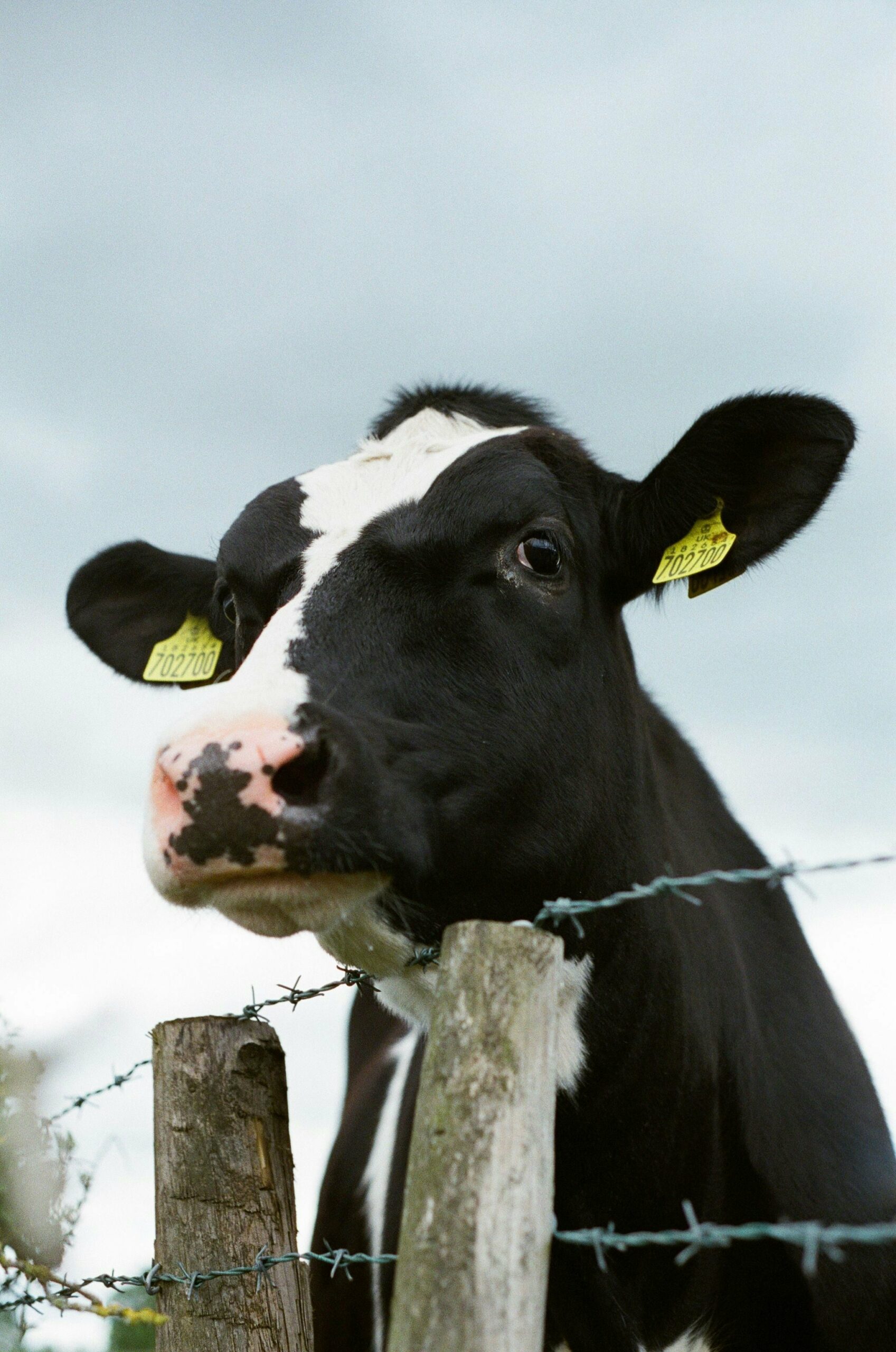

Conclusion
In essence, the nocturnal screams of cows are a multifaceted aspect of their behavior, reflecting a complex interplay of social dynamics, emotional expression, and environmental stimuli. By unraveling the mysteries behind these vocalizations, we gain a deeper appreciation for the rich tapestry of bovine communication and the intricate lives of these gentle giants under the cover of darkness.
More Links :
Are Cows Social: Delving Deeper into the Amazing Social Lives of Cows in 2024!: https://animfarm.com/are-cows-social/?amp=1
Do Cows Like To Be Petted: Embracing Bovine Affection: Understanding If Cows Enjoy Being Petted in ’24!: https://animfarm.com/do-cows-like-to-be-petted/?amp=1
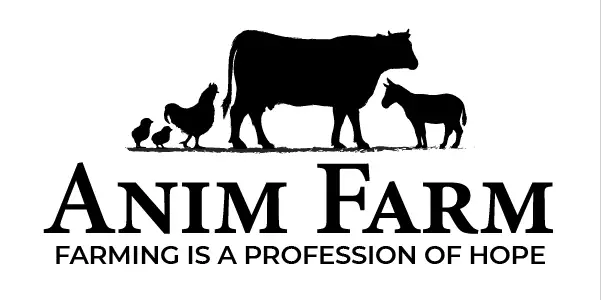
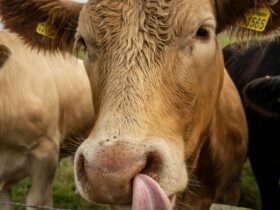
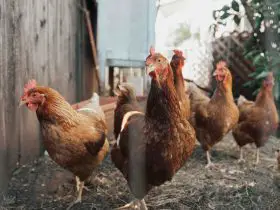
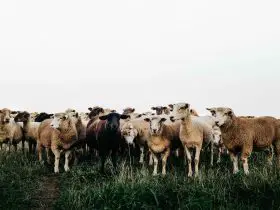
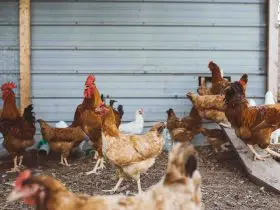
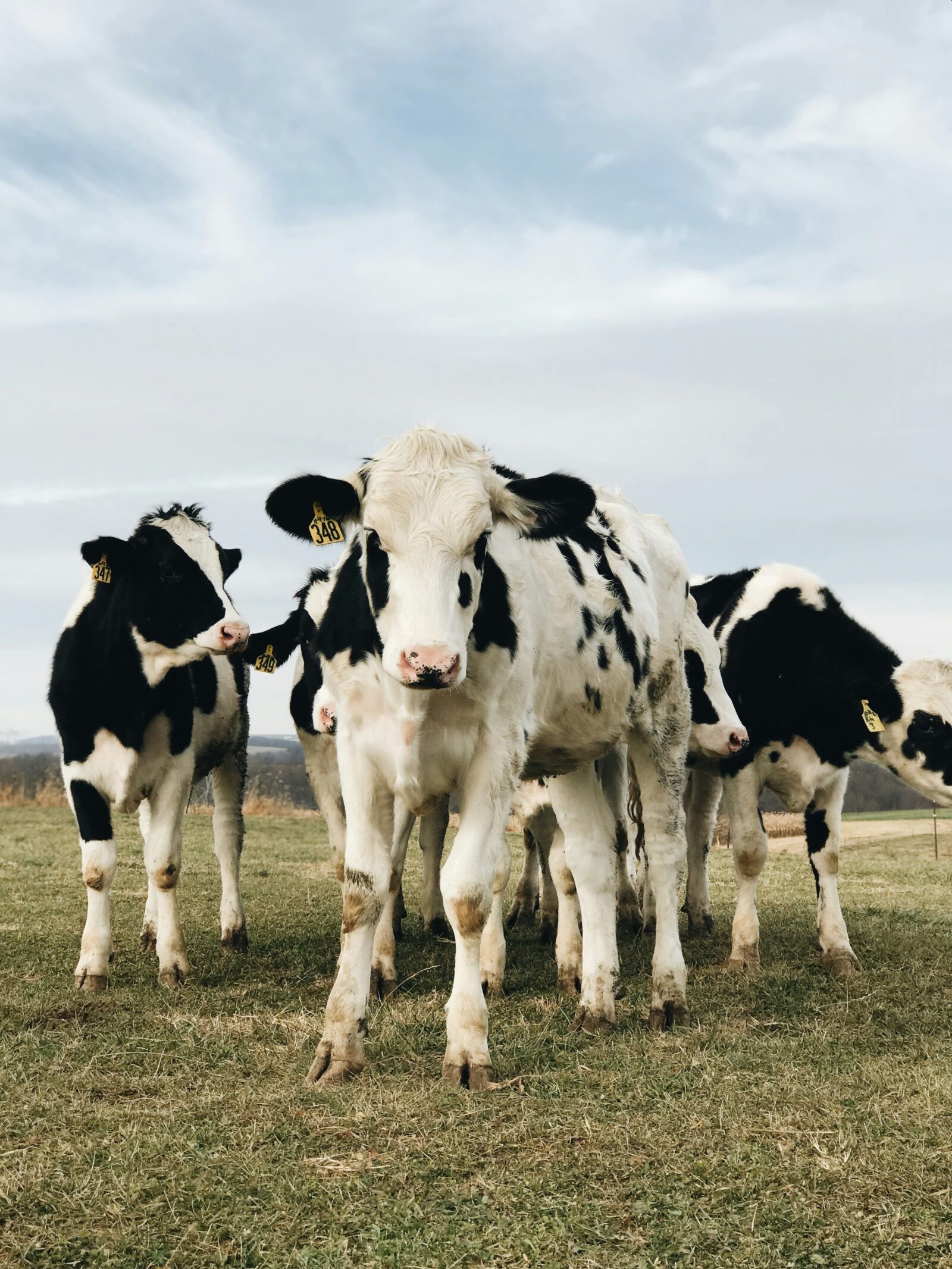
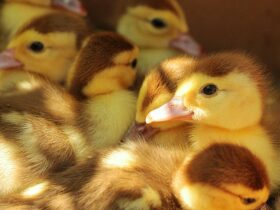
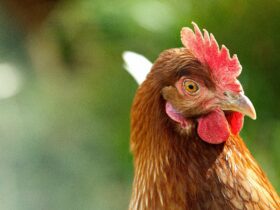
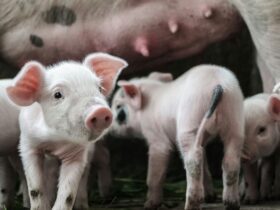
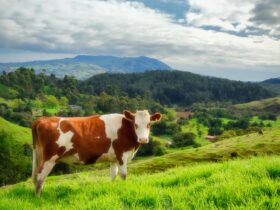
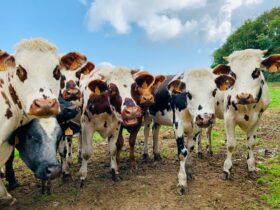
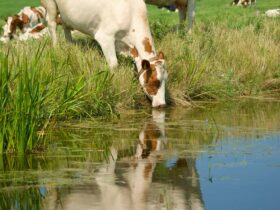

Hello!! Welcome to Anim Farm